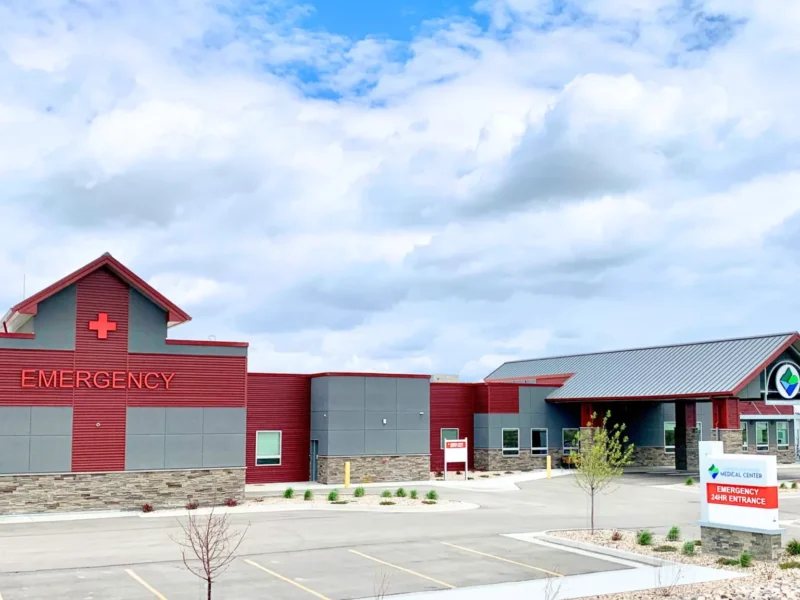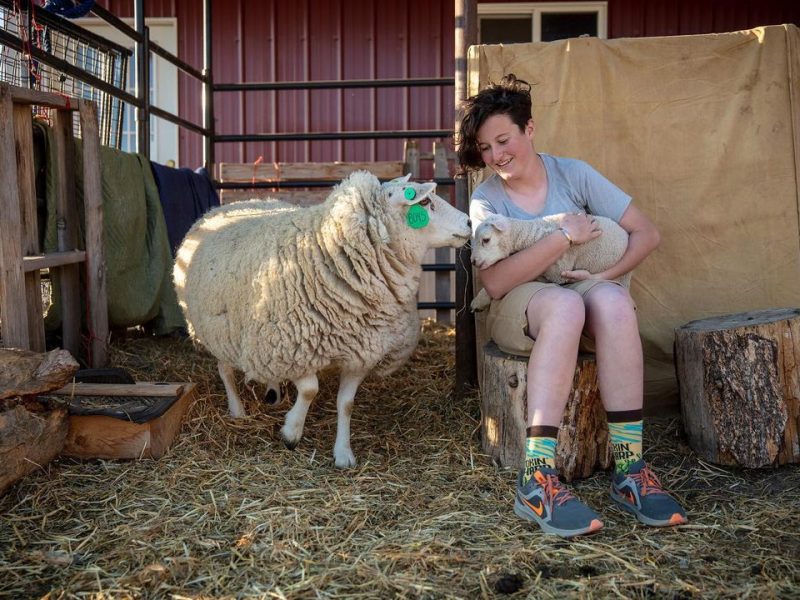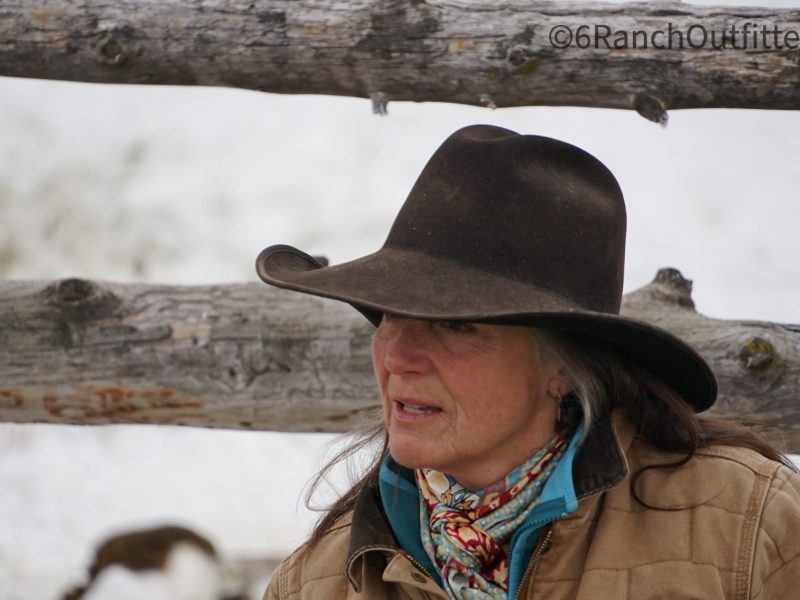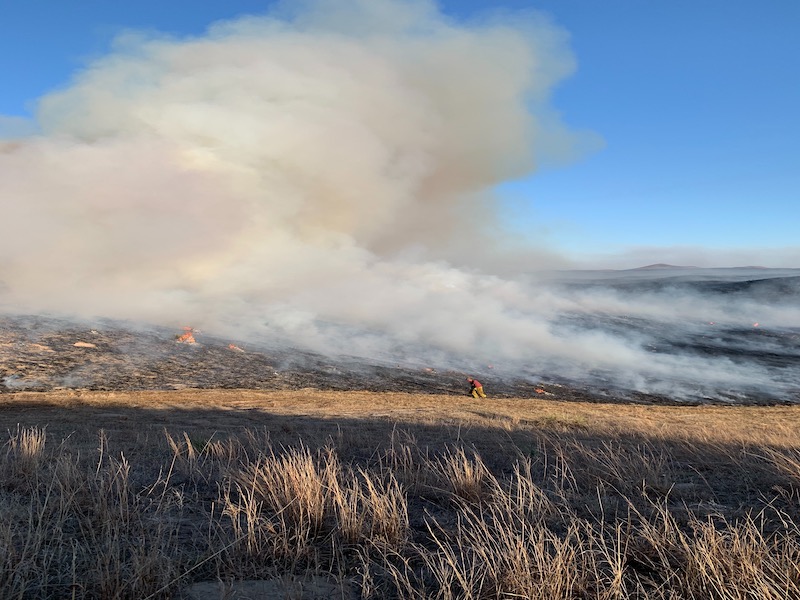
The Importance of Family
This is after the final head fire was lit. We ignited in a “ring” or “donut” strategy for this burn. We started with a backing fire, moved up the sides working the fire into the wind. Once we reached the upwind side and closed the “ring” the final ignition is a head fire and goes quite quickly. Head fires can be volatile but because we had large areas of black surrounding, the danger is reduced to almost zero. All photos by the author.
To support our community during this crazy time, the Women in Ranching program held 10 weekly community check-in calls. On those calls, we’ve asked participants to share a moment of Wonder. This was one of the special emails that arrived to be shared with the group: it was so beautiful we asked the author, Jenita Qualm, for permission to edit it into an article to be shared with a broader audience. The importance of family, of daughters and sisters and brothers, and the parents who love them and support their knowledge and skill-building, runs throughout this story. Ranching is so often generational, each generation passing necessary skills down and bringing new skills back to the ranch. Thank you, Jenita, for sharing this story!
– Amber Smith, Women in Ranching Program Coordinator
By Jenita Qualm
Prescribed fire in the Sandhills
As a rangeland ecologist I understand the ecological necessity of fire for the health of our native prairies, and it was an honor to work with my family on our ranch in the Sandhills of Nebraska to do just that this past month. We did a prescribed burn on about 650 acres of rough hill country and had no hard fire breaks. For those of you who have done burning before you know how challenging that can be. We had previously cleared this area with a tree shear 3 years ago. This burn was purposed to be the demise of all of the small trees that were missed or that had sprouted since then. There is a growing burn culture establishing in the Sandhills of Nebraska, largely due to the growing concern of Eastern Red Cedar encroachment. It’s so wonderful to experience land managers in the Sandhills seeing their operations from an ecological standpoint, as well as an economic standpoint.
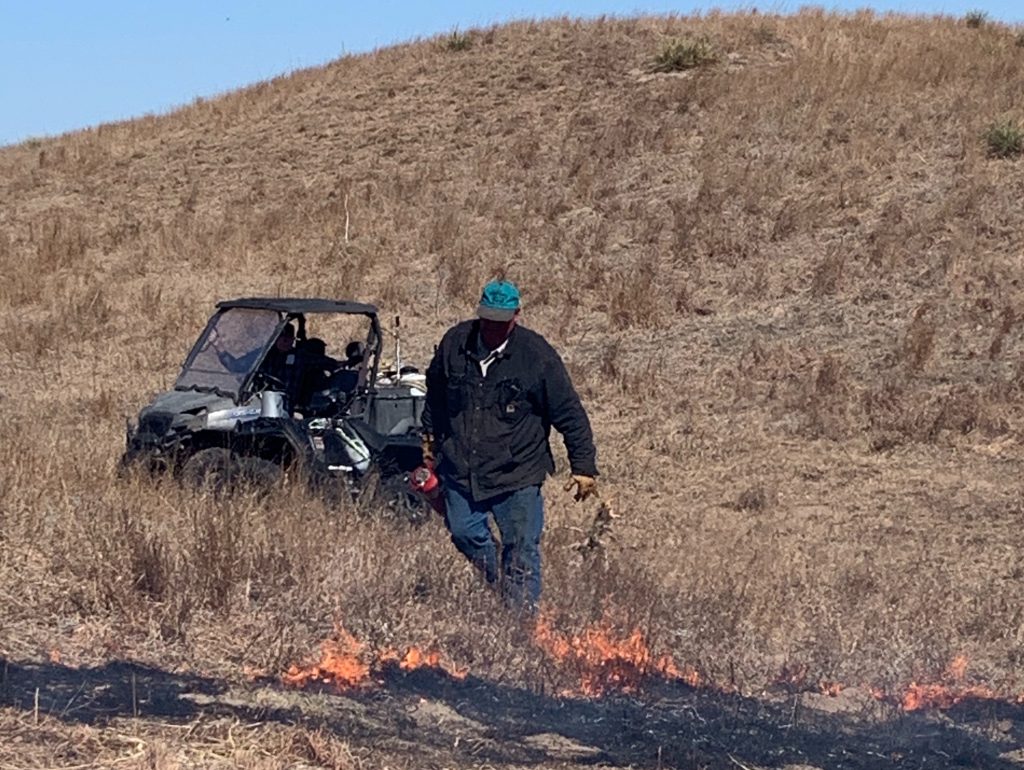
Being valued
I was one of 3 ladies on a crew of almost 49 people that day. It was an absolute privilege to participate with my family and neighbors in this valuable work, and I feel a deep gratefulness of the value that my father has always put in me and other women. My dad has 5 daughters and no sons so I think he didn’t have a lot of choice! The fact of it is that he needed help on the ranch and we were free labor… well kind of… I feel I was paid for my work on the ranch in something far more valuable than a dollar.
Gratitude
Anyway…. last night after a challenging burn that included shifty winds, 2 spot outs, and lasted 4 hrs longer than scheduled, my dad was thanking the crew before they left the barn following the meal that we offered to all the help. Everyone had said their goodbyes and after they closed the door my dad, who hurt his back right before the burn and was in too much pain to leave his chair once he had sat down, looked at me and said… “ run out there and tell Kody, (the wife of one of our neighbors that had helped all day on the burn), thanks from me. I think I told everyone a specific thanks except her and I can’t have her leaving feeling like I didn’t value having her help as well.” I did as I was told and Kody humbly accepted the thank you before hopping in the fire rig with 5 men and heading home.
My gratitude for this week is all tied up in this story…. this man raised me, valued me, and thus fed my self-worth and continues to do so. I am truly blessed.
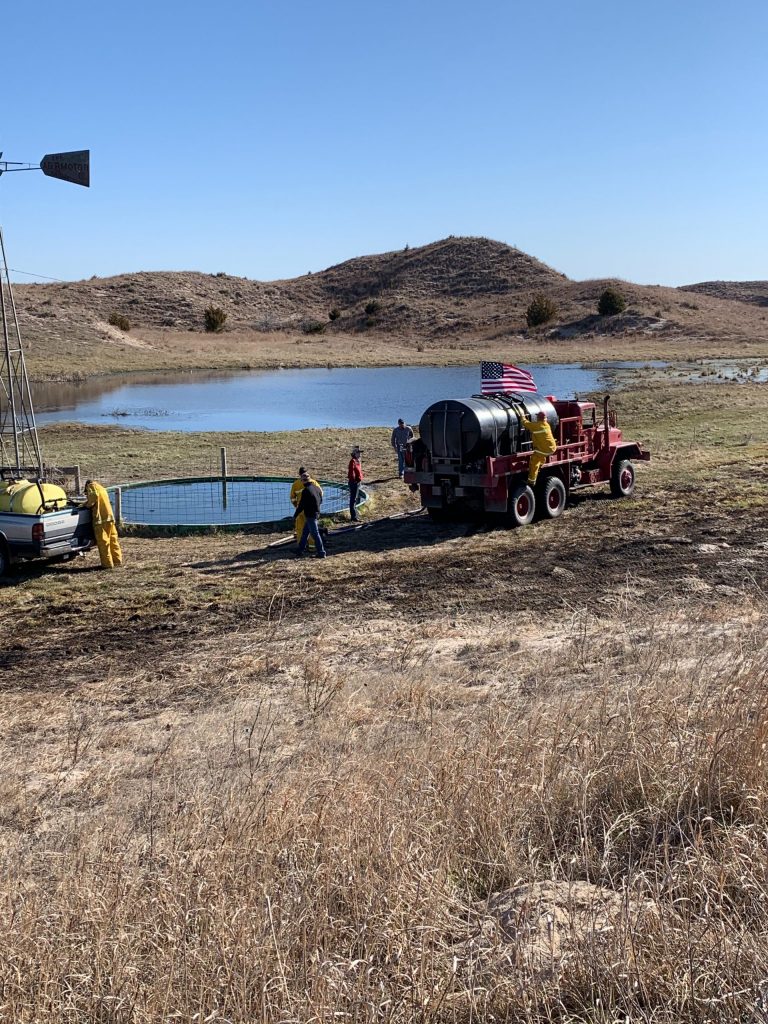
About the Author
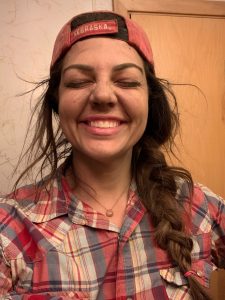
Jenita Qualm is a 4th generation ranch woman, a professional grazing specialist and rangeland ecologist. She splits her time between the family ranch in Nebraska and a career as a grazing specialist in South Dakota. She has also started a career as a Pasture Rangeland and Forage insurance specialist. Everything that she does is rooted in her passion to help ranchers and see our native prairies remain intact. She’s a deep lover of open space and finds peace just being on the land. In any spare time she has she enjoys fishing, hunting, playing guitar, and a good cup of coffee.


